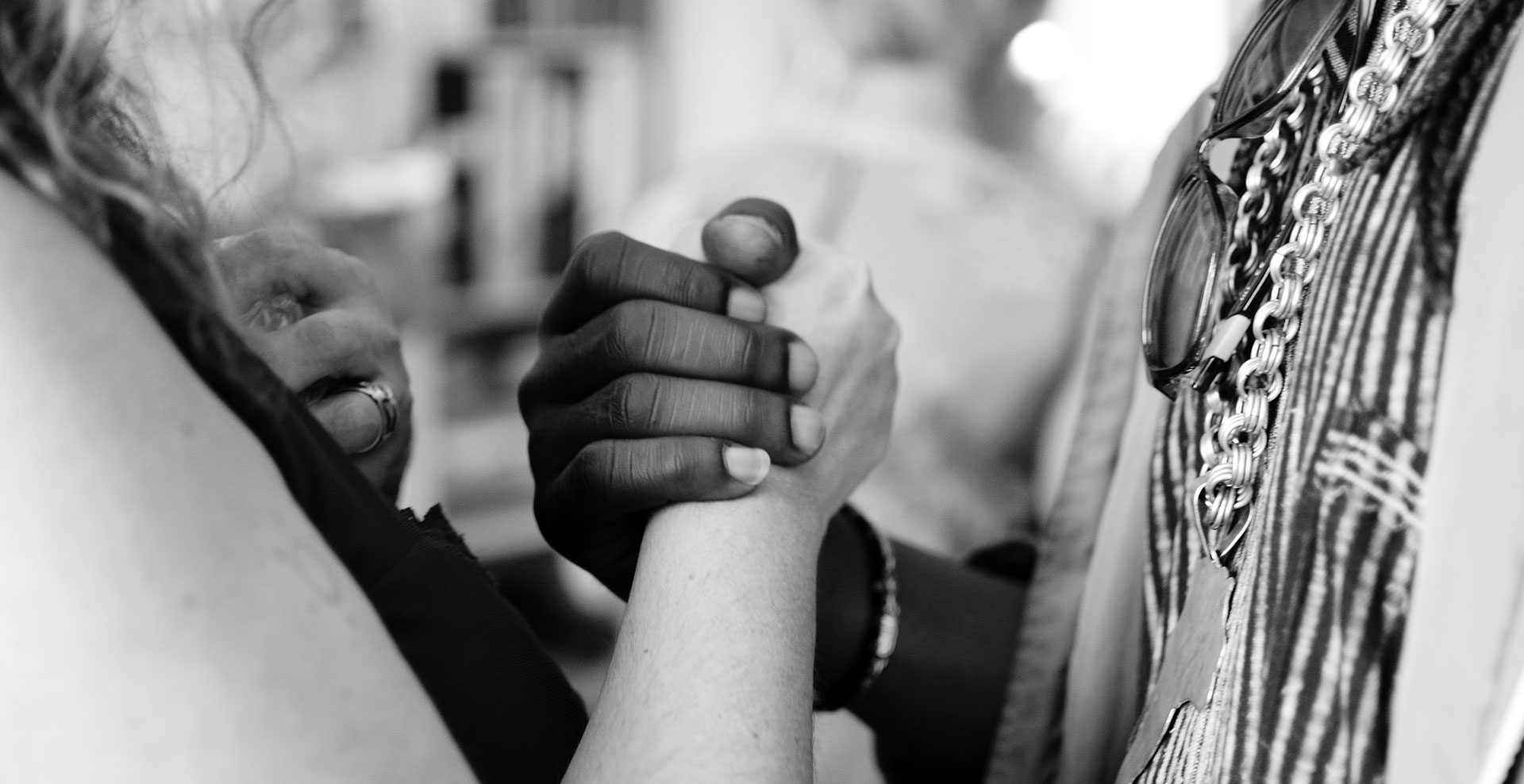
The Absolute Necessity To Be Uncomfortable
In honor of Black History Month, Fennemore Talks With Ann Morgan, the Firm?s Chief Diversity Officer
The Absolute Necessity To Be Uncomfortable
Fennemore proudly celebrates Black History Month (founded by African-American activist Carter G. Woodson in honor of civil rights leader, Frederick Douglass and President Abraham Lincoln, who signed the Emancipation Proclamation) in February 2021 at a momentous time in our country’s history. Having lived through 2020 and a time when racial injustice and social inequities often made the nightly news of the pandemic even more bleak, law firms, like the rest of businesses in the nation are currently optimistic – looking forward to much brighter days ahead, while tackling many of these issues head on. We recently talked with a leader who thinks about these important issues daily, our Chief Diversity Officer, attorney Ann Morgan. Morgan is also the Chair of the Blue Ribbon Committee on Diversity, Equity and Inclusion for the State Bar of Nevada, so she lives the values she tirelessly strives to achieve in the legal profession.
Morgan firmly believes that the success she enjoys should be available to everyone, and companies have an obligation to make it available to everyone. She believes this involves an important shift to “who you are” from “what you are.”
“There’s a business case to be made that better products and services can be delivered by teams with more diverse viewpoints and perspectives,” relates Morgan. “I think many of us live and work in ‘echo chambers’ where our ingrained beliefs are often fed back to us, and so, our personal biases perpetuate themselves.”
Outside of the business case – and the potential for increased profits – Morgan also thinks that valuing diversity and inclusion is the morally right thing to do. She and her husband made the decision early on to send their kids to an at-risk school where they were in the minority. She recounts picking up the entire class for birthday parties as many of the children came from homes without cars. She also learned a lot about how education is often not equitably delivered.
“I remember one mom explaining to me that there was no city bus service close to the school, and she could not afford a taxi to attend a parent-teacher conference after hours,” noted Morgan. “I suspect the teacher probably thought the parent and student did not care about their education, but the stark reality of the situation was obviously much different.”
In pursuit of finding solutions to these critical issues, Morgan highly recommends the ABA’s “21-Day Racial Equity Habit-Building Challenge©.” The curated series takes a deep dive into diversity issues in an effort to highlight many false opinions and misunderstandings, and to better identify racial inequalities in law firms and the practice of law across the country. “For example, I never have to think that my credibility will be questioned, or that as a lawyer, someone may think that I don’t have a right to be in a courtroom because of the color of my skin, but many attorneys of color face these issues daily.”
“It’s absolutely necessary to get comfortable with uncomfortable conversations if you really want to create change,” smiles Morgan.
As a woman, Ann has been called a “skirt” during her career, noting that she is one of the first 100 women attorneys in Nevada…”and I’m not THAT old!” She believes, however, that as a result, she has a unique perspective, especially when it comes to diversity hiring at law firms.
“Again, as a firm, you have to be uncomfortable and ask the tough questions: Are our recruiting practices and requirements geared toward creating a more diverse workplace? ‘What are our policies, and are there biases imbedded in those policies or as those policies are applied? ‘How are decisions to discipline attorneys and staff affected by racist stereotypes?’”
Morgan firmly believes that there are affirmative ways to change law firms and the practice of law everywhere in our country. For better pathways to leadership, she also highly recommends Ibram X. Kendi’s powerful book, How to Be an Antiracist.
“The days of being silent are over,” Morgan says. “Firms need to take action and be transparent and accountable in order to effectively support anti-racist policies.”
Morgan also believes that once an attorney of color is hired at a law firm, they need better access to effective and engaged mentors. And she thinks that firms also need to find more equitable ways to assign new associates work so everyone gets a fair shot at assignments that provide opportunities for learning, and that will raise their profile in the firm and the legal community.
Ann also realizes that this process takes decades, and in order for law firms to change their pipelines of talent, the work needs to start early – supporting high school students at high-risk schools, and creating awareness that a career in the law is one where you can ultimately make a difference in your life, and in society.
“I have been practicing law for over 40 years, and I still love it,” laughs Morgan. “The chance to learn something new every day, and meet new people while having tremendous autonomy is highly terrifying – and rewarding – and I hope the next generation, especially people of color, will see that this is a pathway to a very rewarding life.”
Morgan continues to look at racism and social inequalities like a trained attorney: “If you believe in tackling challenging problems that are not insurmountable, then the law is the profession for you.”
Get MORE. Insights
Stay ahead in the legal world - subscribe now to receive the latest insights and news from Fennemore Law Directly in your inbox!
